
With Ramadan approaching some social categories emerge with their special and urgent situations. The fasting which requires some spiritual, psychological, health and legitimate requirements cannot be accomplished sometimes by certain categories such as pregnant and breastfeeding women, who require special health care and legitimate conditions in order to fast in Ramadan or in any other days.
Opinion of Religion
Religious scholars always disagree on the issue of pregnant and breastfeeding women and their ability to fast in Ramadan, very few scholars prevent them from eating in Ramadan, while others authorize them to eat in fear of harming themselves, their embryos and their infants, with the condition of making up for the days during which they did not fast. Those concerned are advised to seek legitimate Fatwas in this subject from competent authorities.
Opinion of Medicine
Modern medicine advise pregnant and breastfeeding woman to abstain from fasting during Ramadan and at other times if her health condition makes it inappropriate for her to fast. After checking with her attending physician, he might permit her to fast if he sees no threat to her health. Because pregnancy and breastfeeding are not diseases, they are just temporary situations.
Pregnancy and Fasting
Medicine finds that pregnancy is a natural and physiological function of the body. The woman's body is able to adapt to fasting in normal circumstances. In case of pregnancy, the pregnant woman needs additional nutrition with a regular rate of glucose for her fetus. Because of the fasting, this element drops in the mother's blood, and therefore drops in the fetus’ blood. This situation will force the mother’s body to provide the required amount of glucose by burning stored fat. This process results in the secretion of acetone, which will affect the health of the pregnant woman and her fetus if the secretion rate of this substance is high.
Breastfeeding and Fasting
Doctors affirm that newborn babies are totally dependent on breastfeeding during the first four months of birth. They warn of the dangers of abandoning breastfeeding or doing it in irregular basis. Not getting adequate amount of foods and drinks throughout the day while fasting exhausts the body of breastfeeding woman. Her needs for liquids increase in order to have a normal flow of milk in her breasts. A reduced milk-flow could reflect negatively on both her health and her baby's health. This hypo-production forces her to use artificial feeding for her baby, which unfortunately cannot be compared in terms of benefits to natural breastfeeding.
Advices for Pregnant Woman in Ramadan
Following healthy nutritional behaviors during Ramadan is mandatory to protect the health of the pregnant woman and her unborn child. So we advise pregnant woman to have a full Suhoor meal few moments before Fajr Athan to reduce the time of fasting. She must also eat foods rich in vitamins, drinks a lot of liquids, and avoids physical activities during fasting, so her body will not have to burn additional fat and therefore produces more unwanted substances. She should also consult her doctor in case of problems or complications such as dizziness, weight loss, weakness or the occurrence of infections associated with pregnancy.
Advices for Breastfeeding Woman in Ramadan
Breastfeeding woman is advised to consult a doctor about her ability to fast. She must take into consideration a balanced diet during the period of fasting and breastfeeding and try to reconcile them, through diversification during Iftaar with vegetables rich in minerals, vitamins, and fibers, plus various soups and animal or vegetable proteins. In case she is taking medicines or certain drugs, we advise her to take them in two or three doses between Iftaar and Suhoor. In order to hydrate her body and have a sufficient milk-flow, a breastfeeding woman should drink at least 8 glasses of water between Iftaar and Suhoor.
As a Conclusion
For pregnant and breastfeeding women, fasting depends on psychological, social, religious and health factors. They should consult their attending doctors and have the opinion of competent religious authorities in order to determine their ability to fast or not. Whatever the case, pregnant and breastfeeding women are advised to take the necessary precautions before, during and after fasting, to protect themselves, and their offspring. They should put in mind that Islam is a religion of ease not hardship and that Allah (SWT) doesn't burden a soul beyond its scope!
Written by: Ali Youssef
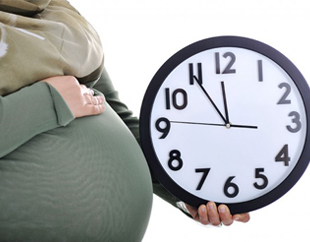
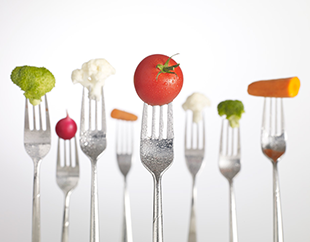
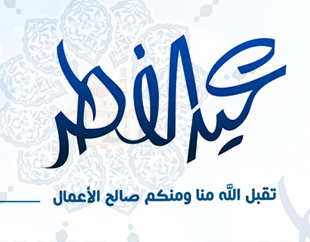
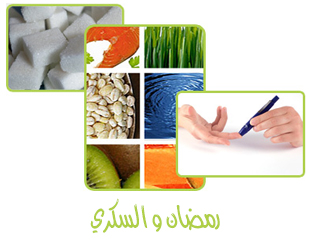
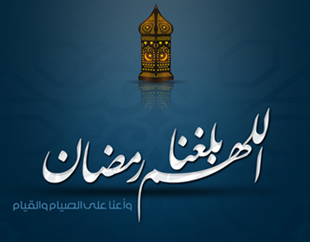
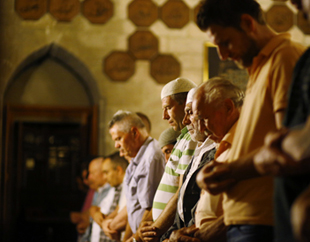
Comments